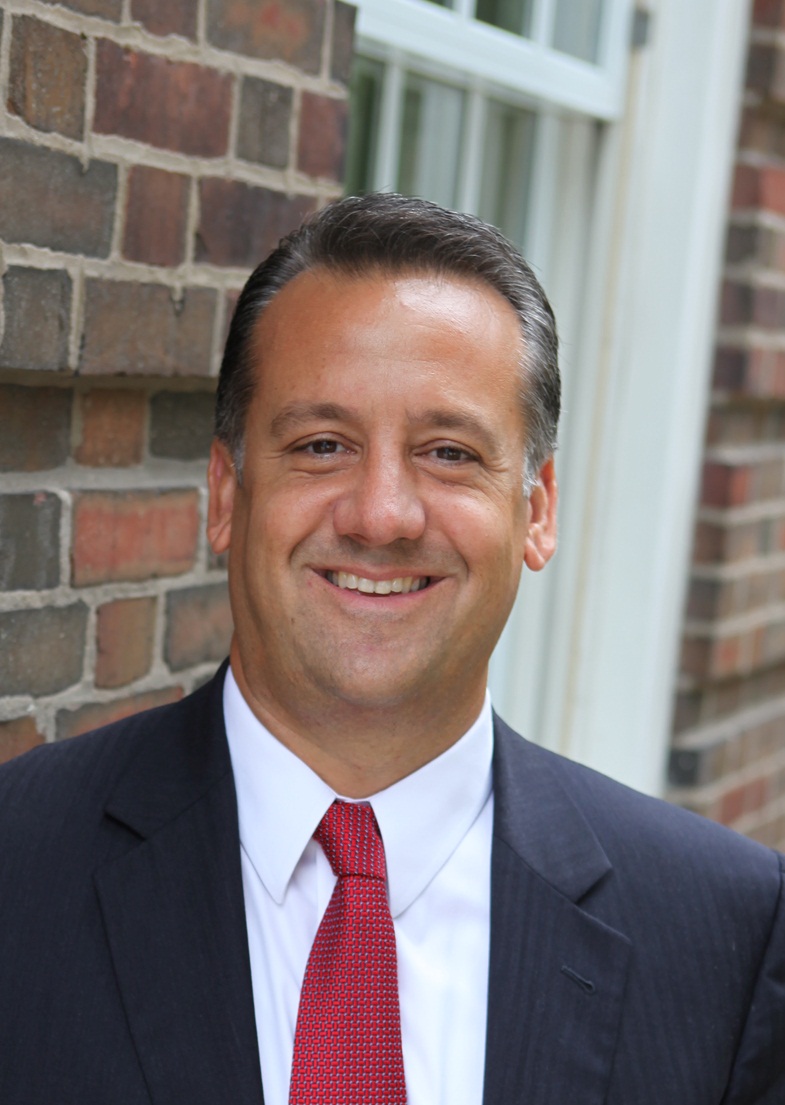 Financial abuse of aging Americans has exploded into a multibillion dollar a year problem, and credit unions aim to stop it. According to research from the insurance provider MetLife, Americans over the age of 60 lost about $2.9 billion dollars from financial abuse in 2010, up 12% from the $2.6 billion lost in 2008. Credit unions are taking several steps to curb this escalating problem, including staff training to identify and report abuse, instituting new computer programs that can recognize irregular activity, and reaching out into the community to help educate vulnerable members about avoiding theft and fraud.
Financial abuse of aging Americans has exploded into a multibillion dollar a year problem, and credit unions aim to stop it. According to research from the insurance provider MetLife, Americans over the age of 60 lost about $2.9 billion dollars from financial abuse in 2010, up 12% from the $2.6 billion lost in 2008. Credit unions are taking several steps to curb this escalating problem, including staff training to identify and report abuse, instituting new computer programs that can recognize irregular activity, and reaching out into the community to help educate vulnerable members about avoiding theft and fraud.
In light of the alarming rise in abuse, there has also been an increase in legislation designed to protect older, more vulnerable citizens. In the last two years, 22 states have enacted some form of elder financial abuse legislation, which often requires financial institutions, including credit unions, to report suspected abuse. Credit union leagues have worked closely with state legislatures to ensure that these new reporting laws protect seniors while also ensuring individual privacy protection.In Montana for example, the state credit union league worked with the state legislature to provide testimony in committees, and meet with law enforcement, and other consumer protection groups to ensure any new legislation incorporated the perspective of financial institutions who are interested in reporting abuse. As a result, two new laws were passed this year that make it easier for prosecutors to prove a senior citizen has been the victim of fraud, and that added a penalty for violation of the Unfair Trade Practices and Consumer Protection Act if the victim is over 60 years of age.
Credit unions are also taking measures to ensure that employees are educated about new reporting laws and are well trained to identify any form of financial abuse. In North Carolina, where new laws now allow credit unions to report fraud, the state league hosted a day-long summit that included panel discussions on the new reporting requirements, as well as best practices from credit unions and community banks on implementation.
Recommended For You
While these new laws are incredibly valuable in helping protect credit union members, fraud prevention can also occur at a personal level. Because many local credit unions exist in tight knit communities, they are uniquely qualified to spot irregular activity. At Fort Smith Dixie Cup Federal Credit Union in Arkansas, CEO Vicki Newton recalled a situation where an elderly member she knows well came into the credit union. The member was disoriented and needed help with a Medicare issue. Recognizing that the member's state of mind put her in a vulnerable position, Newton immediately called the member's son.
"We're a small shop," Newton said. "And with a closed field of membership, it's easier to get to know our members and learn their financial habits. If something doesn't look right, I'm going to catch it."
Reaching out into the community is one of the most effective ways to educate members on how to protect themselves. Walnut Creek, Calif.-based Pacific Service Credit Union was recognized by the NCUA in October for sponsoring the Elder Financial Protection Network, a San Francisco-based organization that seeks to raise community awareness. They were also praised for supporting statewide forums and extensive staff and community training in abuse recognition and prevention. Indeed, this type of outreach is happening all over.
Credit unions are also spearheading new technological initiatives in hopes to prevent fraud in the near future. In 2012, Bellco Credit Union in Colorado partnered with the Filene Research Institute to pilot a new program called Senior Sentry, which takes proven indicators—or red flags—of elder financial abuse, and applies them in the monitoring of member account activity to generate alerts. The program, which has proven effective, is currently exploring options for expansion.
Hopefully these measures will help protect elderly members and deter criminals.
Paul Gentile is president/CEO of the Massachusetts Credit Union League. He can be reached at [email protected].
© 2025 ALM Global, LLC, All Rights Reserved. Request academic re-use from www.copyright.com. All other uses, submit a request to [email protected]. For more information visit Asset & Logo Licensing.






